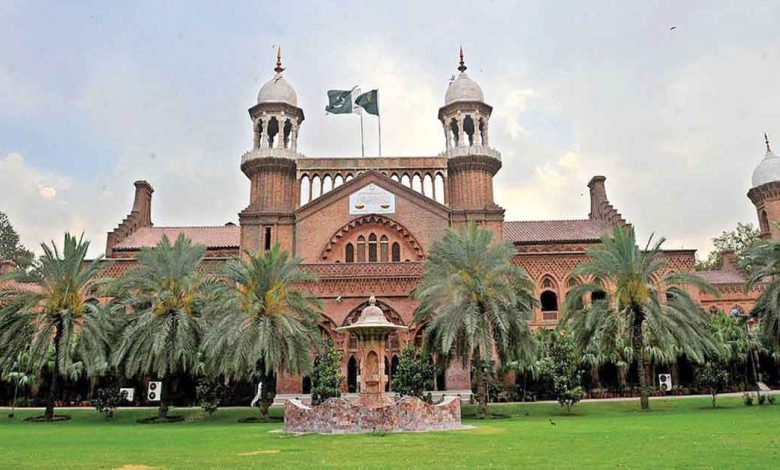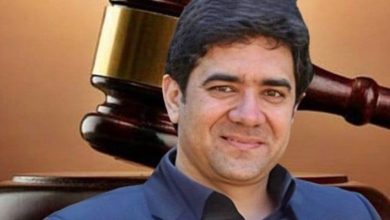LHC Demands Details of 202,000 Cases in Punjab, Expresses Concern Over Delay in Filing Challans
Specify which districts are facing the most difficulties: Chief Justice Muhammad Ameer Bhatti

Lahore: The Lahore High Court (LHC) has demanded detailed information on the 202,000 challans (charge sheets) related to cases in Punjab, following concerns over delays and inefficiencies in the judicial process. The court has expressed frustration over the lack of timely challan submissions and ordered a computerized system for case registration.
- Case Hearing: The LHC was hearing a drug case involving accused Imran Ali when the issue of delayed challans was raised. The court expressed discontent with the slow pace of justice and requested details of all cases settled on the basis of settlements (r agreements).
- Computerization Directive: The court directed the implementation of a computerized system for case registration to streamline and expedite the judicial process.
- Chief Justice’s Inquiry: Chief Justice Muhammad Ameer Bhatti inquired about the status of cases in Punjab, pointing out that out of 362,000 registered cases, it is unclear whether they have been addressed or lost track of. He asked the Inspector General (IG) of Punjab to specify which districts are facing the most difficulties.
- IG Punjab’s Report: IG Punjab, Dr. Usman Anwar, reported that around 11,800 investigation officers have been issued show-cause notices, and disciplinary actions have been taken against officers 11,000 times. Efforts have been made to trace and compile challans for 150,000 cases, with a 46% increase in case registrations over the past year.
- Electricity Theft Cases: The number of cases related to electricity theft has risen from 75,000 last year to 80,000 this year. In Lodhran, the challan rate has been reduced to zero percent, while Lahore and Faisalabad have 59,000 and 81,000 cases, respectively.
- Case Details Inquiry: The Chief Justice questioned whether the details of settled cases had been communicated to the relevant courts and expressed concerns about the status of cases from before 2017. He emphasized the impact of delayed challan submissions on the judicial process.
- Investigation Officers’ Workload: Chief Justice Bhatti noted that with each investigation officer handling 160 cases annually, it should not be excessively difficult to submit challans regularly.
- Systemic Reforms: The court’s directives for a computerized system aim to enhance efficiency and transparency in the judicial process. This reform is expected to address the backlog of cases and improve the timely processing of challans.
- Ongoing Monitoring: The court will continue to monitor the progress and effectiveness of the measures taken to address the issues in the case registration and challan submission process.
Official Sources and Social Media: For further updates and information, visit the Lahore High Court’s official website and follow their Twitter account.
Public Reaction: The judiciary and the general public have welcomed the court’s intervention as a necessary step towards improving the efficiency of the legal system. However, there is a need for sustained efforts and reforms to address the systemic issues identified by the Chief Justice.



